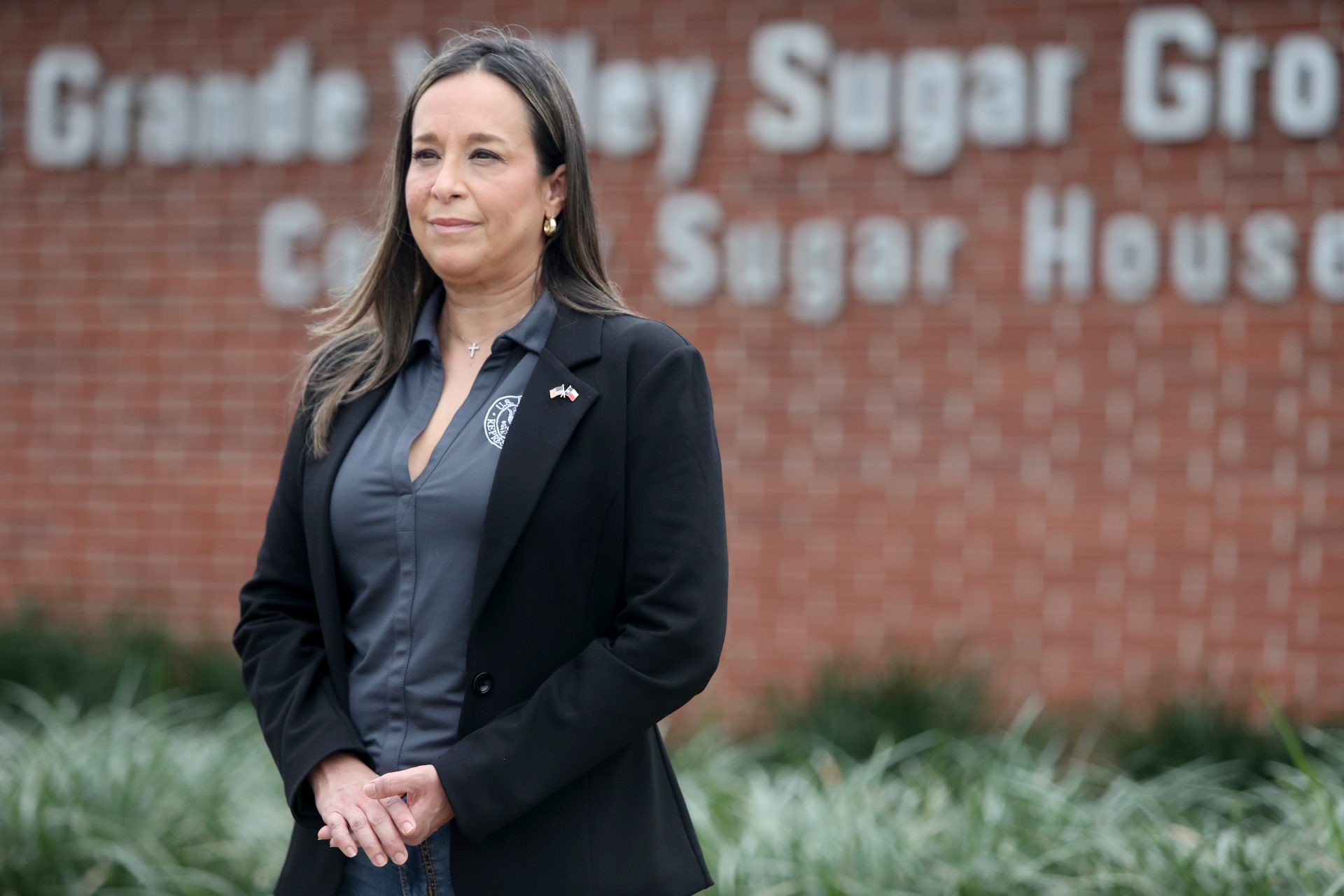|
Only have a minute? Listen instead
Getting your Trinity Audio player ready...
|
The U.S. House of Representatives is another step closer to withholding American aid funding from Mexico as the water crisis between the two countries worsens.
On Friday, the House voted to approve the fiscal year 2025 State, Foreign Operations & Related Programs, or SFOPS, appropriations bill — part of which included first-of-their-kind financial sanctions against Mexico, which is failing to abide by an 80-year-old water sharing treaty with the U.S.
The $51.7 billion bill provides funding to the U.S. State Department, as well as a number of other international agencies and humanitarian endeavors, including the U.S. Agency for International Development, or USAID, the United Nations, the Peace Corps and more.

Each year, several million dollars in SFOPS funding is also earmarked for Mexico, where it is put to use in several humanitarian and law enforcement endeavors, including the war on drugs.
This year, however, a bipartisan, bicameral delegation of federal lawmakers representing the Rio Grande Valley worked to include language in the funding bill that would penalize Mexico for failing to live up to its end of a 1944 water sharing treaty.
Under the terms of that treaty, Mexico is obligated to deliver to the Rio Grande some 1.75 million acre-feet of water over the course of a five-year cycle. Ideally, those deliveries would be divided up into about 350,000 acre-feet per year.
But with the next cycle deadline of October 2025 fast approaching, Mexico has fallen so far behind that its reservoirs no longer contain enough water to meet the deficit.
Four years into the current cycle, Mexico has delivered just slightly more than one year’s worth of water, or about 400,000 acre-feet.

Earlier this year, the unreliability of the water delivered spelt a death knell for one of the titans of the Rio Grande Valley’s agricultural economy as the Rio Grande Valley Sugar Growers Association announced they had harvested their last sugarcane harvest here.
The industry’s 51-year long history in the Valley officially came to an end in February.
The loss of the $100 million industry is what, in part, prompted lawmakers to push for financial sanctions against Mexico.
“Water is life, and water deliveries from Mexico are essential for South Texas communities to operate and grow,” U.S. Rep. Henry Cuellar, D-Laredo, stated in a news release announcing Friday’s passage of the SFOPS bill.
“I was pleased to secure language in the FY SFOPS appropriations bill that ensures Mexico complies with the delivery terms set in the 1944 Water Treaty,” Cuellar further stated.
Including the language in the bill garnered support from both sides of the aisle and from both of the nation’s highest legislative chambers.
All three of the Valley’s congressional representatives supported the language, including Cuellar, and U.S. Reps. Vicente Gonzalez, D-Brownsville, and Monica De La Cruz, R-McAllen.

So, too, did Texas’ two senators, John Cornyn and Ted Cruz.
However, in the final roll call vote for the bill, which took place just after 11 a.m. EST, voting fell largely along party lines.
De La Cruz was the sole Valley representative to vote “aye” to the bill’s final language. Both Cuellar and Gonzalez voted “nay,” according to House voting records.
The language of the bill calls for withholding up to 15% of SFOPS funding meant for Mexico.
Previously, Gonzalez told The Monitor that that could amount to about $7.6 million, though Sen. Cornyn said that dollar amount could climb higher.
However, the bill specifically carves out an exception for funding used for combatting fentanyl and other synthetic drug trafficking from Mexico into the U.S.
Back in the Valley, De La Cruz has been resolute in her criticism over what she calls the State Department’s failure to address the worsening diplomatic crisis.
“With legislation passed that withholds funding from our southern neighbors, they will now see how serious we are about receiving our guaranteed (water) payments,” De La Cruz stated in a news release Friday.

“The longer they hold out, the worse the situation is for farmers and ranchers who need that water to produce food that feeds America,” she said.
The SFOPS appropriations bill also included more than $250 million in funding for the International Boundary and Water Commission — nearly 14% more than last fiscal year.
Falling under the umbrella of the State Department, the IBWC is responsible for enforcing the binational treaty, in partnership with its Mexican counterpart, La Comisión Internacional de Limites y Aguas, or CILA.
The IBWC is also responsible for tracking the volume of water stored at the two international reservoirs — Falcon and Amistad — that supply both the Rio Grande Valley and Mexico’s northern gulf states with freshwater.

Despite recent rains from Tropical Storm Alberto, volumes at the reservoirs remain at critically and historically low levels.
According to the most recent data, Alberto’s rains increased water volume at the two reservoirs by just one-third of 1%.
As of June 22, combined U.S. ownership had increased by 12,827 acre-feet, or just 0.38% higher than the previous week.
U.S. ownership now stands at 18.52%, according to IBWC data — lower than the previous historic low of 19.06% set in 1998.




